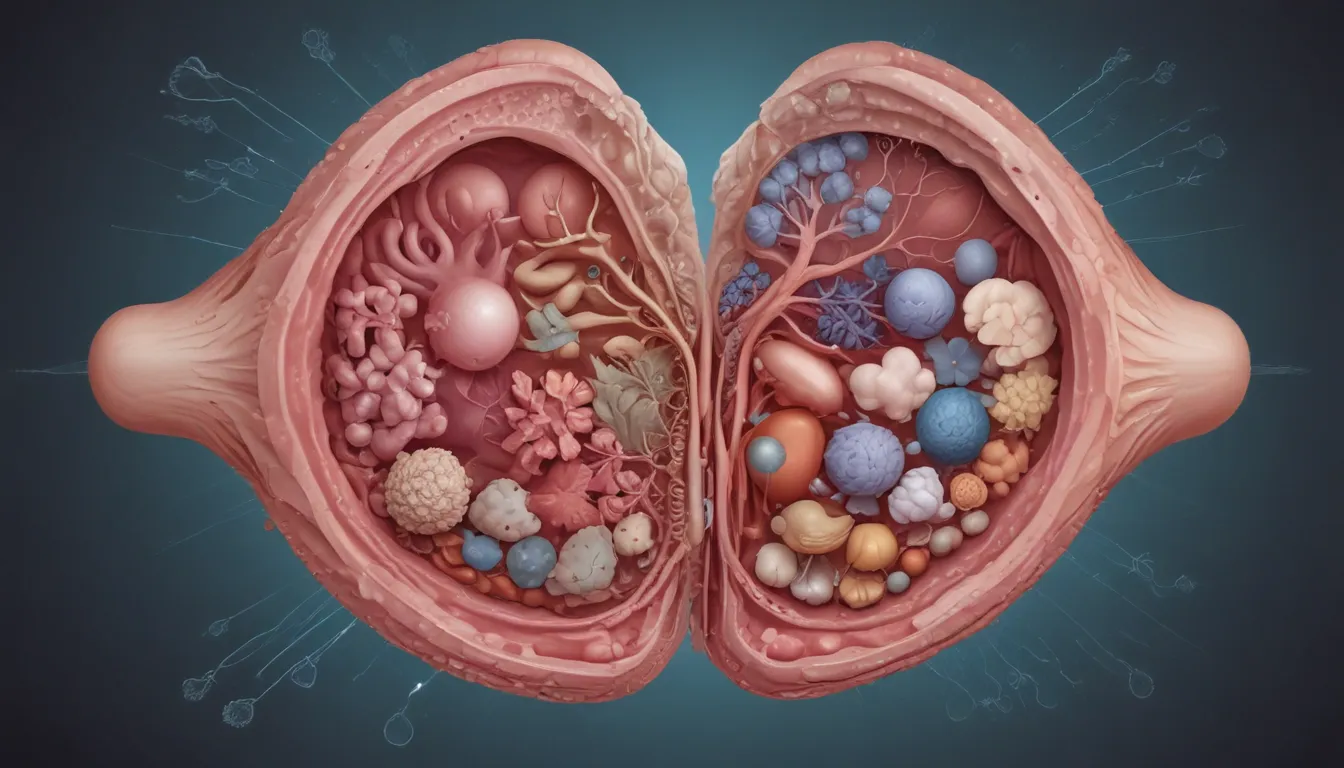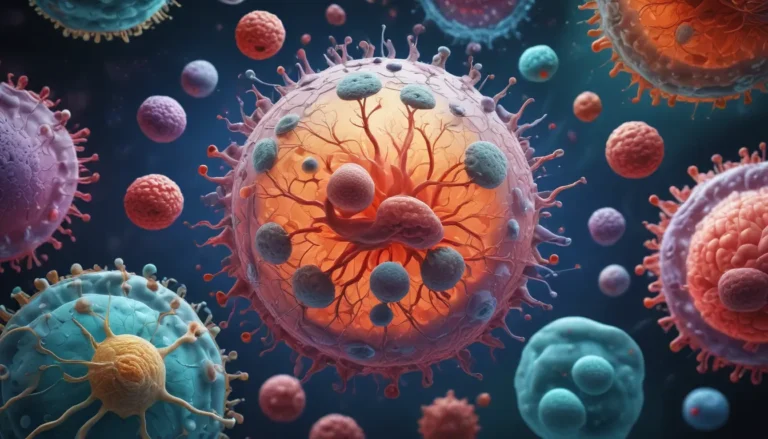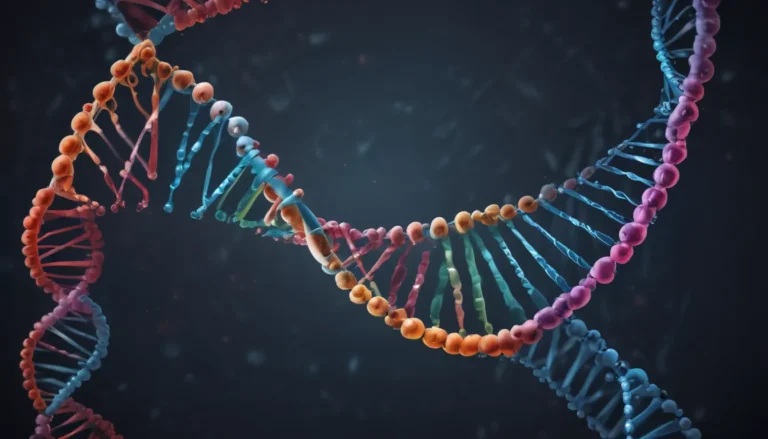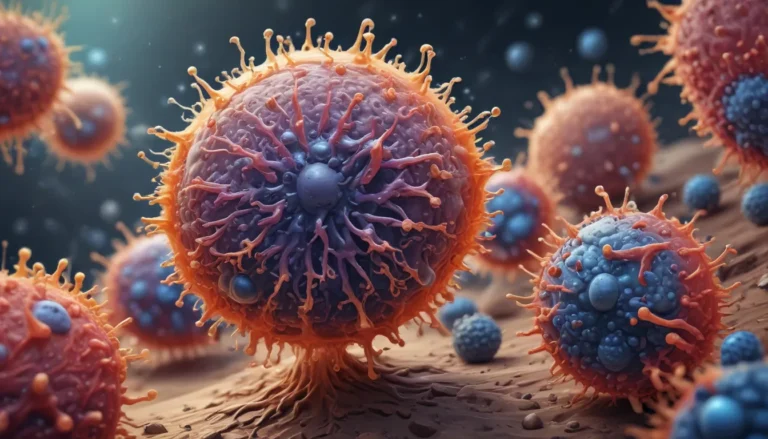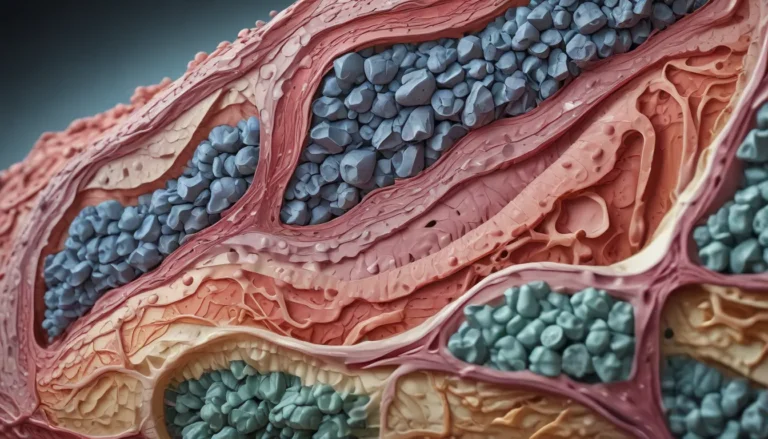A Note About Images: The images used in our articles are for illustration purposes only and may not exactly match the content. They are meant to engage readers, but the text should be relied upon for accurate information.
Reproductive hormones are powerful chemical messengers that play a crucial role in human biology, influencing everything from fertility and puberty to overall health. These intricate chemicals control the development of sex organs, stimulate the production of sperm and regulate the menstrual cycle in women. Understanding the complexities of reproductive hormones not only offers insight into human biology but also sheds light on the broader field of endocrinology.
Key Takeaways:
- Reproductive hormones, including estrogen and testosterone, are essential for human reproduction, puberty, and overall well-being, affecting everything from mood to milk production.
- Hormonal imbalances can lead to health issues like infertility and mood swings, while environmental factors and aging can also impact reproductive hormone levels.
The Role of Reproductive Hormones in Human Reproduction
Reproductive hormones, such as estrogen and testosterone, are fundamental in regulating reproductive processes in both males and females. These hormones influence the development of sex organs, sexual behavior, and fertility, playing a vital role in the intricate processes of human reproduction.
Understanding the Hypothalamus: The Command Center of Reproductive Hormones
The hypothalamus, located in the brain, serves as the command center for regulating reproductive hormones by sending signals to the pituitary gland. This complex system ensures the proper functioning of the reproductive system, highlighting the significance of brain-body communication in hormone regulation.
Estrogen: The Primary Female Reproductive Hormone
Estrogen is a pivotal hormone in the female reproductive system, responsible for developing secondary sexual characteristics, regulating the menstrual cycle, and maintaining healthy bones. Its multifaceted role underscores its importance in female reproductive health.
Testosterone: The Primary Male Reproductive Hormone
In males, testosterone is the primary reproductive hormone, governing the development of male sex organs, voice deepening, muscle mass increase, and the growth of facial and body hair. Its influence on male physiology and behavior is crucial for male reproductive health.
Follicle-Stimulating Hormone (FSH) and Luteinizing Hormone (LH) in Reproductive Processes
FSH and LH, produced by the pituitary gland, play essential roles in both male and female reproductive processes. FSH stimulates ovarian follicle growth and sperm production, while LH triggers ovulation, corpus luteum formation, and testosterone production, emphasizing their significance in reproductive health.
Progesterone: A Key Hormone for Pregnancy Maintenance
Progesterone is a critical hormone for maintaining pregnancy by preparing the uterus for implantation and providing a conducive environment for fetal development. Its role in pregnancy highlights its importance in ensuring successful gestation.
The Impact of Placental Hormones on Pregnancy
During pregnancy, the placenta secretes hormones like hCG and hPL, which confirm pregnancy in tests and support fetal growth and development, respectively. These placental hormones are essential for maintaining a healthy pregnancy and ensuring the well-being of the developing fetus.
Prolactin: The Hormone for Milk Production
Produced by the pituitary gland, prolactin stimulates milk production in mammary glands post-childbirth, emphasizing its role in lactation and maternal health.
Oxytocin: The “Love Hormone” in Bonding and Childbirth
Oxytocin, known as the “love hormone,” promotes bonding during childbirth and breastfeeding, enhancing parent-infant connections. Its involvement in social interactions and sexual arousal underscores its broader impact on human behavior and relationships.
Hormonal Birth Control Methods: Altering Hormone Levels for Contraception
Hormonal contraceptives like pills, patches, and injections contain synthetic hormones mimicking natural hormones, preventing pregnancy by suppressing ovulation and altering cervical mucus. Understanding how these methods work is crucial for informed contraceptive choices.
The Implications of Hormonal Imbalances on Health
Imbalances in reproductive hormones can lead to various health issues, such as PCOS, infertility, irregular menstruation, and hormonal cancers. Recognizing the signs of hormonal imbalances is key to addressing and managing these conditions effectively.
The Influence of Reproductive Hormones on Mood and Behavior
Fluctuations in hormone levels during menstruation or menopause can impact emotions, resulting in mood swings, irritability, and anxiety. Understanding the link between reproductive hormones and mood can help individuals navigate emotional changes effectively.
Environmental Factors and Hormone Regulation Disruption
Exposure to endocrine-disrupting chemicals in plastics, pesticides, and personal care products can interfere with reproductive hormone function, potentially leading to reproductive disorders. Awareness of environmental influences on hormone regulation is essential for maintaining reproductive health.
Puberty: A Time of Hormonal Changes
Puberty marks a period of increased reproductive hormone production, leading to the development of secondary sexual characteristics and fertility onset. Understanding the hormonal changes during puberty is crucial for adolescents and their caregivers.
Hormonal Decline with Age: Menopause and Andropause
As individuals age, the production of reproductive hormones decreases, leading to menopause in females and andropause in males. Recognizing the hormonal changes associated with aging is essential for managing age-related reproductive health concerns.
Exercise and Reproductive Hormone Regulation
Regular physical activity has been shown to regulate reproductive hormones and improve fertility in both genders. Incorporating exercise into daily routines can positively impact hormone levels and overall reproductive health.
Reproductive Hormones and Overall Health
In addition to reproductive functions, hormones like estrogen and testosterone play roles in maintaining bone density, cardiovascular health, cognitive function, and overall well-being. Understanding the broader impact of reproductive hormones on health underscores their significance in human physiology.
Conclusion
Reproductive hormones are essential components of human biology, governing various reproductive processes and impacting overall health. By unraveling the mysteries of reproductive hormones, we gain valuable insights into human reproduction and the importance of hormonal balance in reproductive health. Exploring these fascinating facts offers a glimpse into the intricate world of reproductive biology and highlights the intricate interplay of hormones in human physiology.
FAQs
-
What are reproductive hormones?
Reproductive hormones are chemical messengers regulating processes in the male and female reproductive systems, including estrogen, progesterone, LH, FSH, and testosterone. -
How do reproductive hormones affect fertility?
Reproductive hormones control egg development and release in females and sperm production in males, impacting fertility. Imbalances can disrupt reproductive processes and fertility. -
What factors influence reproductive hormone levels?
Stress, age, nutrition, lifestyle choices, and medical conditions can affect reproductive hormone levels, potentially leading to hormonal imbalances and reproductive issues. -
Do hormonal contraceptives impact reproductive hormone levels?
Yes, hormonal contraceptives alter hormone levels to prevent pregnancy by mimicking natural hormones. Synthetic estrogen and progesterone in contraceptives suppress natural hormonal fluctuations. -
Are reproductive hormones solely important for reproduction?
Reproductive hormones not only regulate reproductive functions but also impact bone density, heart health, mood, cognition, and other physiological processes beyond reproduction, highlighting their broad significance in overall health.
Our Commitment to Quality and Authenticity
Each fact presented here is contributed by real users like you, ensuring a diverse range of insights and information. Our dedicated editors meticulously review each submission to maintain the highest standards of accuracy and reliability. Trust in our commitment to delivering trustworthy and engaging content as you explore the captivating world of reproductive hormones and their impact on human biology.
